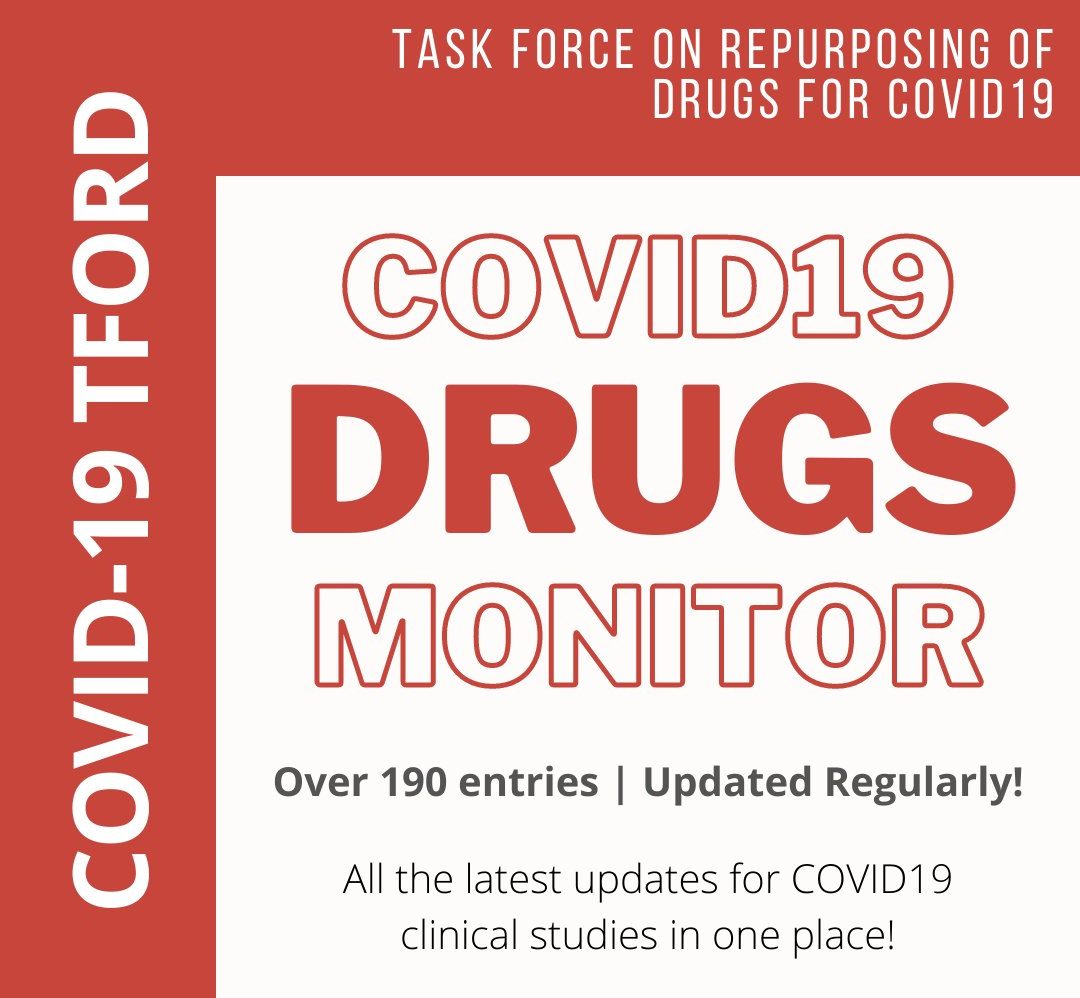(21 Oct 2020) Tocilizumab- not effective for preventing intubation or death in moderately ill hospitalized patients with Covid-19
Efficacy of Tocilizumab in Patients Hospitalized with Covid-19
https://www.nejm.org/doi/full/10.1056/NEJMoa2028836
A randomized, double-blind, placebo-controlled trial ( NCT04356937) involving patients with confirmed severe acute respiratory syndrome coronavirus 2 (SARS-CoV-2) infection, hyperinflammatory states, and at least two of the following signs: fever (body temperature >38°C), pulmonary infiltrates, or the need for supplemental oxygen in order to maintain an oxygen saturation greater than 92% was conducted. We enrolled 243 patients; 141 (58%) were men, and 102 (42%) were women. The median age was 59.8 years (range, 21.7 to 85.4), and 45% of the patients were Hispanic or Latino. The hazard ratio for intubation or death in the tocilizumab group as compared with the placebo group was 0.83 (95% confidence interval [CI], 0.38 to 1.81; P=0.64), and the hazard ratio for disease worsening was 1.11 (95% CI, 0.59 to 2.10; P=0.73). At 14 days, 18.0% of the patients in the tocilizumab group and 14.9% of the patients in the placebo group had had worsening of disease. The median time to discontinuation of supplemental oxygen was 5.0 days (95% CI, 3.8 to 7.6) in the tocilizumab group and 4.9 days (95% CI, 3.8 to 7.8) in the placebo group (P=0.69). At 14 days, 24.6% of the patients in the tocilizumab group and 21.2% of the patients in the placebo group were still receiving supplemental oxygen. Patients who received tocilizumab had fewer serious infections than patients who received placebo. Tocilizumab was not effective for preventing intubation or death in moderately ill hospitalized patients with Covid-19. Some benefit or harm cannot be ruled out, however, because the confidence intervals for efficacy comparisons were wide.
